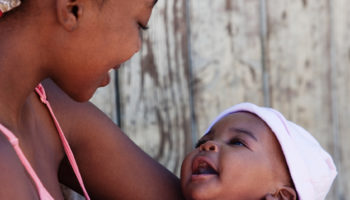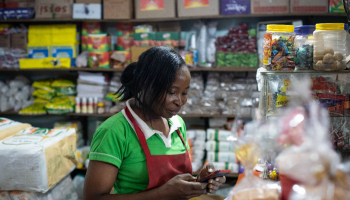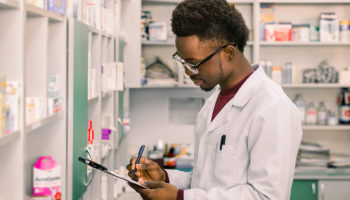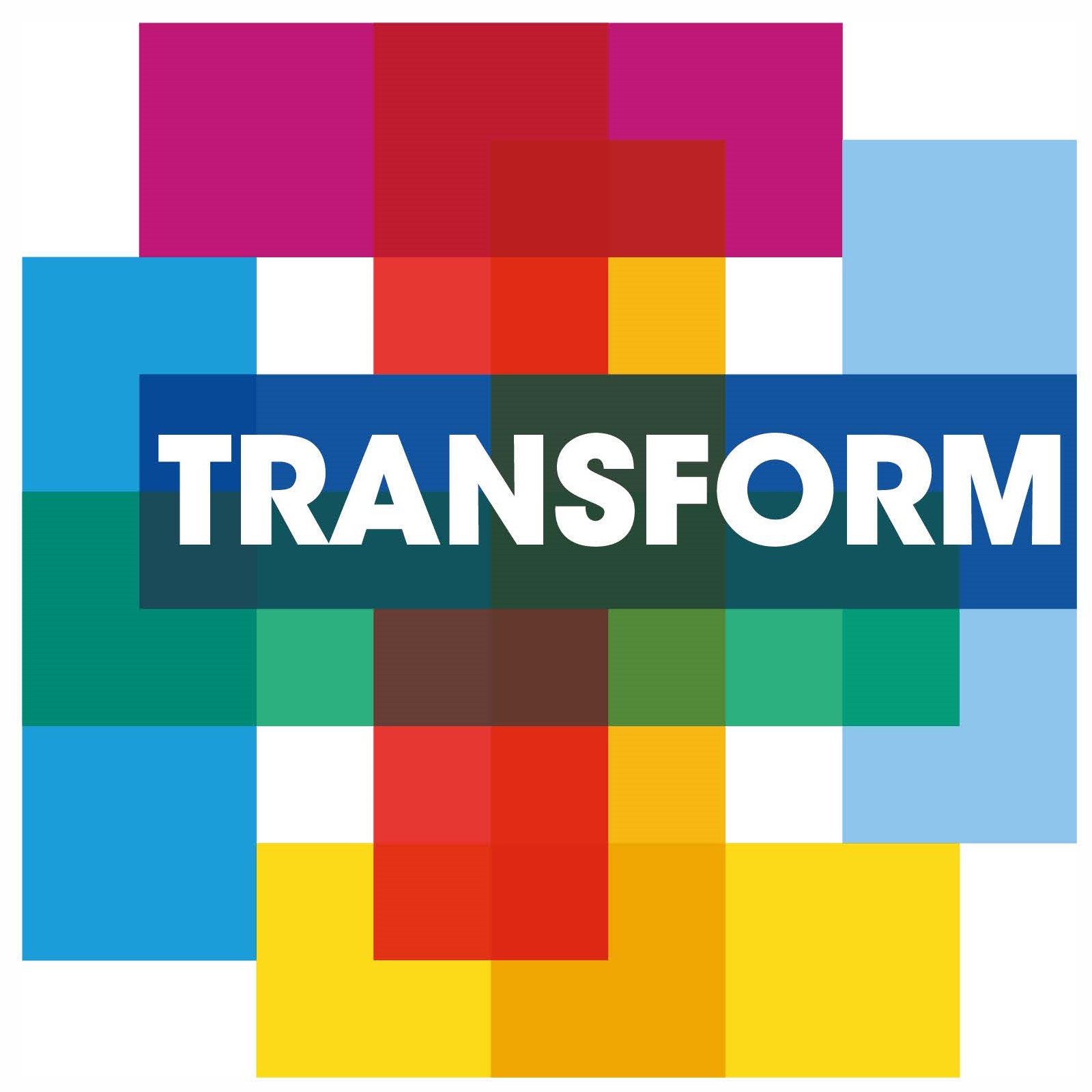Portfolio Learnings: Meeting sanitation needs with P2P technology
Published on: 14/12/2020
Inclusive Business Sweden and Aqua for All conducted a research project to meet the sanitation needs of low-income households in Kenya. With funding from TRANSFORM, we look at the lessons learned in our latest Portfolio Learnings piece.
The project stemmed from the hypothesis that if people have information about where to find and access clean public toilets near them, they are less likely to practice open defecation or resort to the use of unimproved facilities.
The organisations explored the potential of mobile applications to enable public toilet users to find and access a clean public toilet. The research project looked at how peer-to-peer (P2P) technologies and models could encourage behavioural change and sharing of sanitation services in low-income communities. It concluded that it shows real potential.
P2P for sanitation
After looking at peer reviews, the project identified the key issues affecting public toilet users and owners, which included unclean toilets and lack of payment transparency.
Insights such as preferring a ‘light’, easy-to-use app and useful features like knowing whether there are ‘sitting’ or ‘squatting’ toilets led to the development of a prototype. Both the prototype and the concept were user tested.
The research project then explored three conceptual business models:
- Pay as you go model: toilet users pay per use, with a review system and digital payment option.
- Subscription model: users would be able to subscribe on a weekly or monthly basis to use certain public toilets, with a review system and digital payment option.
- PPP model: service of mapping public toilets on the app, keeping track of residents’ satisfaction of sanitation services and collecting data on sanitation use in the city to local governments and municipalities.
Based on the situation in Kenya, the final recommendation was the PPP model – aligning the solutions with the ambitions of the authority responsible for the public toilet policy would have a wider reach and yield more long-term changes.
Challenges and conclusions
There were several conclusions drawn from the applied research project. The first was that the mobile app would work best with commuter users and secondary for residential users in low-income households, who were less willing to incur mobile data challenges.
Initially, the focus of the project was to develop a mobile app for users to find a clean public toilet nearby, using a digital review and payment system. What also emerged was the need for toilet owners to gain more financial control over their businesses and improve the quality of maintenance.
As well as setting up a system to better connect toilet owners with their toilet managers, a universally accepted cashless payment solution would ensure more transparent transactions and enable toilet owners to get better control of their businesses. This would also increase profitability and facilitate higher investments and better maintenance.
Next steps
As well as exploring other Internet of Things (IoT) options besides smartphones to rate toilets, one critical step is to pilot test a fully functional app and conceptual business model in a real-world context, with key stakeholders.
The aim of the pilot would be to assess the functionality and effectiveness of the solution before deployment. It would involve establishing partnerships with a social business/entrepreneur to run the app, an ICT developer to build it, an academic partner to measure the impact, and Nairobi City County and other toilet owners.
In following the PPP model, the organisations believe that the solution will have the greatest impact if carried out in collaboration with the responsible government agencies and sanitation providers.
This research project is just one of the various projects supported by TRANSFORM that is driving to meet the needs of Sustainable Development Goal (SDG) 6. Stay up to date with these and other Portfolio Learnings here.
-
 Insights
Insights
Related impact stories
- Supporting mothers through the pandemic
 ActiveBliss Group is pivoting to support mums and babies during the COVID-19 pandemic.Transforming health through digital innovation
ActiveBliss Group is pivoting to support mums and babies during the COVID-19 pandemic.Transforming health through digital innovation

 Digital Health
Digital Health
Ensuring access to crucial healthcare information and products
 NaijaCare will equip PPMVs in Lagos with the information and resources they need to serve their communities through the pandemic.
NaijaCare will equip PPMVs in Lagos with the information and resources they need to serve their communities through the pandemic.
